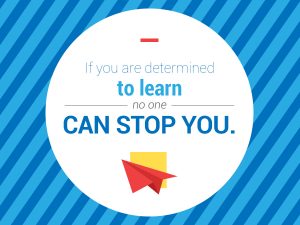Setting language learning goals
Over the last couple of weeks we’ve talked about how to start a new habit and how to manage your time using timeblocks. But why do you want to manage your time better? What are you aiming for?
If you study a language – among other things – you need to keep yourself motivated. For this, one important aspect is setting achievable goals. Do you have one?

Why goals are useful when learning a language
To put it simply, goals are useful in language learning because they…
- Bring importance to studying
- Can help you organize your learning
- Can break down what you want to learn into digestible parts
- Help you to recognize failure and reward
- Help you to realize why you want to learn, and what is important for you.
What kind of language learning goal should I set?
Your goals should be both realistic and specific. If there is a particular exam that you want to study for, then you already have one specific goal – to pass the test! If you are not studying for an exam, but are aiming to improve your English in general, then your goal could be either quantitative or qualitative. A quantitative goal could be something like ‘to practise English half an hour a day’, (in a similar way to creating a habit). A qualitative goal would put the focus on a specific thing to learn, such as ‘Learn all uses of ten phrasal verbs’ or ‘Write a 200 word summary of a newspaper article’.
Measuring Progress
For some goals, like ‘study half an hour a day‘ or ‘complete 2-pages of exercises‘, checking your progress is easy. You’ve either done it or you haven’t!
However, for goals such as ‘Learn to form questions in the future tense‘, or ‘Learn these ten phrasal verbs‘, it can be a lot harder to measure your progress. One of the best ways to check your progress for goals like this is to use your newly learnt language. This could be either by using your new language in writing or (better still) by recording yourself. By recording yourself you can listen to the progress you have (hopefully) made over time.
Always keep a detailed list of topics, grammar elements, and even individual words that you learn. Lists like this will make you realise how far you have come!
For a comprehensive guide to how to check your language learning progress, see here.
Don’t get lost in goals
As a traveller, if you concentrate too much on the destinations, you can forget to enjoy the journey. This can be the same when learning a language. Goals can be helpful to check your progress and help you progress, but don’t forget to enjoy the process. After all, the best way to learn, is to enjoy yourself.
So, have you decided on any goals for 2019? What goals have worked for you in the past? How do you check your progress? Let us know in the comments section below and we’ll be glad to help you.
Podcast: Play in new window | Download


1 Response
[…] can help you to improve your English without much effort. We have looked at time-blocking, setting mini-goals, and how to teach yourself using […]